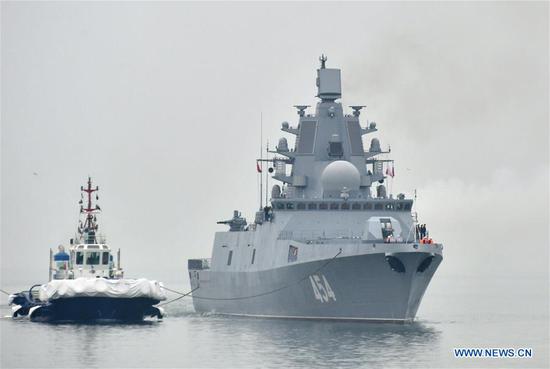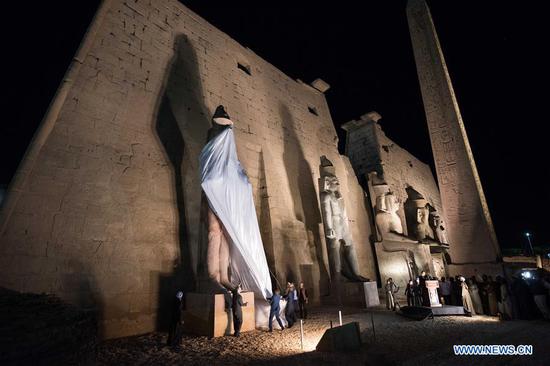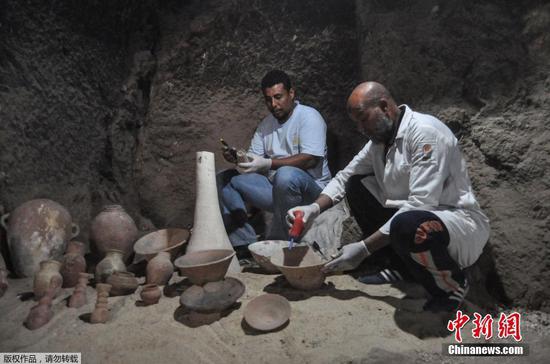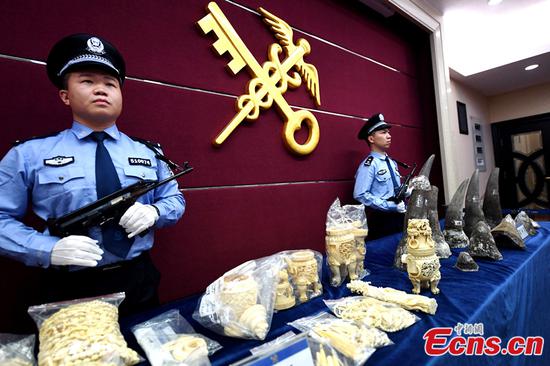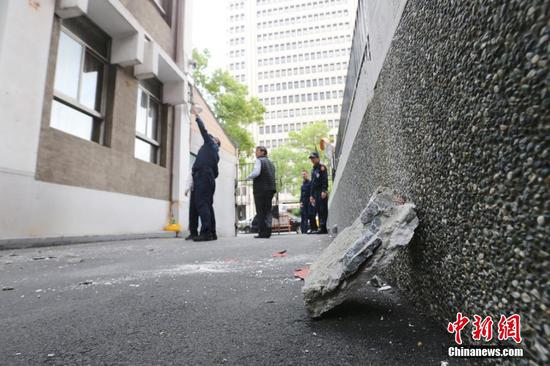The Belt and Road Initiative (BRI) promotes international cooperation in various fields and helps create a Eurasian partnership which broadens prospects for Russia-China ties, head of Russian state-run TASS news agency said.
"The basis of the Chinese Belt and Road Initiative is the notion of equitable multilateral cooperation aimed at improving the well-being of many peoples and countries through economic, cultural, social and other projects," TASS Director General Sergei Mikhailov said in a recent interview with Xinhua.
"After all, the Belt and Road Initiative, in addition to its obvious economic significance, carries a cultural impulse that promotes a fruitful dialogue of civilizations along its route," he added.
Mikhailov made the remarks on the eve of the second Belt and Road Forum for International Cooperation (BRF) to be held in Beijing on April 25-27, in which Russian President Vladimir Putin will participate.
Putin's upcoming visit to China and his participation in the forum will breathe new strength into the relations between Russia and China, Mikhailov said.
"I am confident that the second Belt and Road forum will allow Russia and China to find new integrating points when carring out a number of new joint projects," he said.
In particular, Mikhailov noted the significance of the conjugation of the BRI and the Russia-proposed Eurasian Economic Union (EAEU), which he said, quoting Putin, is "a prologue to the creation of a large Eurasian partnership."
In 2015, China and Russia signed a joint declaration on cooperation in linking the two initiatives, drawing a new blueprint at a strategic level for the development of bilateral relations.
Mikhailov said that efforts to align the two initiatives would allow China-Russia relations to be lifted to a completely new platform and enhance regional cooperation.
Future joint projects will cover all kinds of spheres, such as transport corridors, energy, innovative technologies, humanitarian contributions and economic integration of the participating countries, he said.
Noting that companies in Russia, China and other countries are looking for opportunities as the integration of the EAEU and the BRI carries on, Mikhailov said that "the task of information agencies is to help find these integrating points, to expand them, to define models of interaction" for possible cooperation partners.
Recalling relations between TASS and major Chinese media like Xinhua News Agency and China Daily in recent years, Mikhailov said that cooperation of the leading media of the two countries is "at the highest level in history."
During the BRF, TASS will take part in a number of media events that focus on cultural and people-to-people exchanges along the Belt and Road, according to Mikhailov.

















